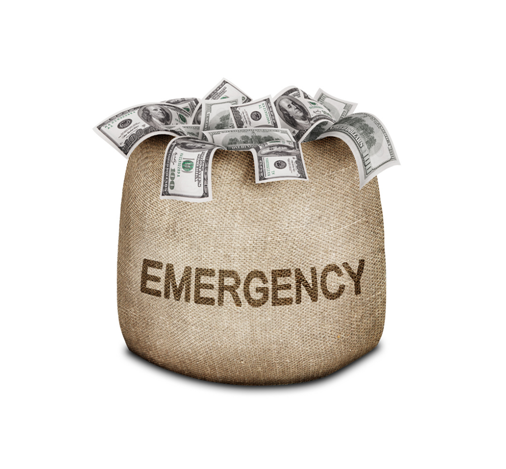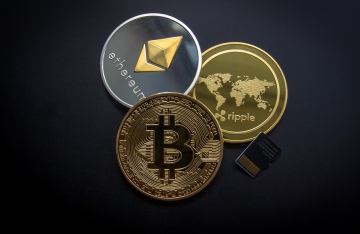Building wealth and becoming financially independent is more a frame of mind than any one “magic” action. The Motley Fool offers this sage piece of advice:Treat every dollar as an investment. As the foundation of successful investing, this simple mantra can guide every financial decision you make. Once you’ve taken care of the essentials, from food to shelter to clothing, you can consider every dollar beyond that an opportunity for investment. You can decide to make your money work harder for you as part of a long-term gain (such as retirement savings), short-term safety (such as emergency fund), or immediate gratification (those new shoes, that cappuccino you must have).

There are some ground rules to treating every dollar as an investment.
First up, pay off your credit card debt. Try this handy calculator to determine
how much money you can save by making the investment to pay off your cards. As long as you owe thousands to the credit card companies, you can’t truly begin an investment plan that works for you.
Create an emergency fund. Coming up with a cash cushion can help you cover those events you haven’t planned for, such as car troubles or job loss. Without this cushion, you may have to resort to a high-interest credit card to deal with the problem, landing you in hot water later. Keep these funds in a liquid account like a savings account that you can get to quickly. You’re not going to be making money on this lump of cash, so don’t worry about the interest rate you’re getting, which is likely very low.
As a rule of thumb, your emergency fund should cover living expenses for three to six months if you’re single with no dependents, six to 12 months if you have dependents or work in an unreliable industry, and five years if you’re retired or on a fixed income.
Live by the 80/20 rule. Go big on the 20% of line items in your budget that account for 80% or more of your spending. This includes mortgages, car payments, travel, insurance and the like. Try online budgeting tools like Mint.com and QuickenOnline.com that can help guide you in your spending and saving. Narrow down the costs you can trim after that, and put that amount into investments that can work FOR you rather than the other way around.
Track your spending, but you don’t have to get formal about it. No need to track over a month. Do it for a few days. No need even to write it all down or put it into a fancy spreadsheet. Instead, ask yourself if you’re making a wise use of your money every time you take out your cash or plastic. “Am I making the best possible investment with this dollar?”
Making investments doesn’t just involve a big portfolio of stocks and mutual funds, although that’s certainly a big component of it. You can make small investments every single day about being conscious of your decisions. Oh yeah, and don’t forget to have a stock fraud lawyer on your side just in case.




